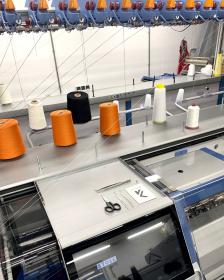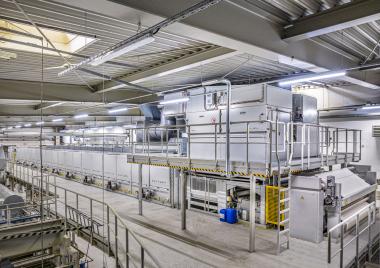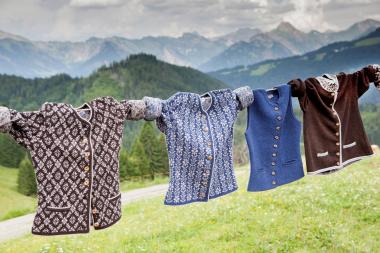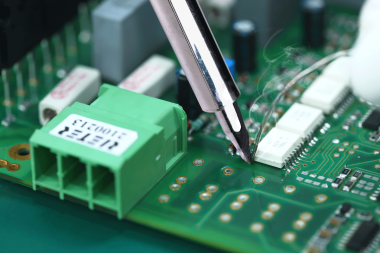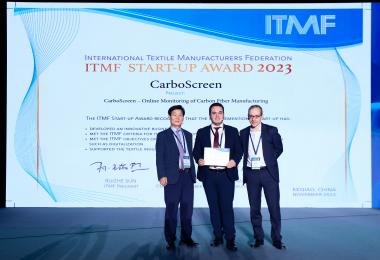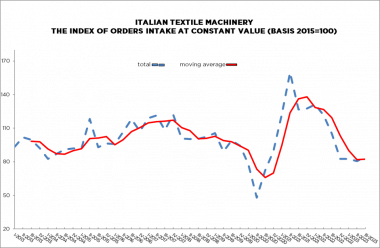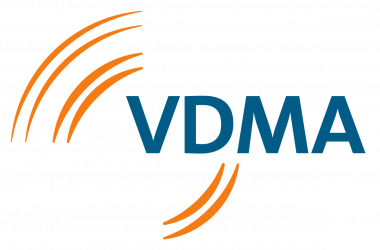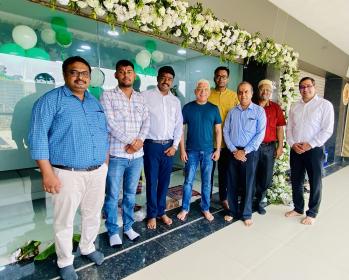Mahlo joins forces with Brückner Textile Technologies at Colombiatex
Mahlo GmbH + Co. KG will participate in the Colombiatex textile show, held in Medellin from 23 to 25 January. This year, Mahlo will be joining forces with Brückner Textile Technologies to present their solutions for the textile production sector at their joint booth.
Both companies appreciate the power of Colombia’s textile industry. Textile is one of the most important industrial sectors in the Latin American country with an export value of clothing of more than 600 million US dollars. The United States are also the main export destination for apparel products. At Colombiatex 2024, Mahlo's Head of Sales, Thomas Höpfl, will be present to share insights and discuss how Mahlo’s innovative technologies can address the specific challenges faced by Colombian textile manufacturers. Sustainability of process efficiency being among the most pressing ones.
Mahlo GmbH + Co. KG






